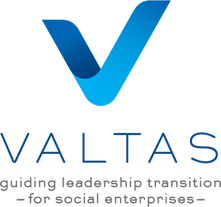THE LATEST FROM VALTASNews, updates, and stories to keep you in the know.
|
A Guide for Washington Nonprofits: Navigating the Complex and Evolving Employment Landscape10/24/2023
We could probably write a full book on these topics but hope that this article helps you see the “Don’t Pass Go” signs and seek out guidance and information to support your nonprofit staff equitably and legally. Catching these issues early and proactively is the key to saving time and money, while keeping your workforce engaged and executing. Paying Equitably and Transparently We believe it’s critical to keep people in the nonprofit sector, but nonprofits seem to have always struggled with pay equity, recruiting, and retaining employees for mission critical work when wages rise more quickly in other sectors. Washington State has become a national leader in pay, which has continued to put pressure on organizations. Our state’s current minimum wage is $15.74/hour, moving to $16.28 in January 2024. Many cities have much higher rates, including Seattle’s current $18.69/hour for employers with 501 or more employees (the rate is lower for employers with 500 or fewer employees but includes some other pay stipulations). Both wage “floors” have requirements for and impacts on retirement contributions. In January 2023, Washington joined many other states requiring pay transparency for job postings. As a firm, we’ve long believed that posting salaries supports equity and promotes an open dialogue about pay between current and prospective staff and hiring managers. Annual benchmarking of market rate salaries is critical for nonprofits to remain competitive for talent. As wages rise and unemployment remains near record lows, it’s imperative to ensure your organization understands equitable pay for each role in the organization while also considering your overall compensation philosophy and approach. Making pay ranges and philosophy available for your employees helps increase trust and understanding. Investing in both wages and transparency will go a long way toward hiring and retaining staff to ensure delivery of mission and engaging staff. What About Overtime Pay? We often see organizations changing employee titles to include “Manager” or other adjustment that they believe support making staff Exempt – meaning ineligible for overtime pay. The federal rules for the Fair Labor Standards Act have not changed much in decades, but Washington State has tightened restrictions significantly in the past three years. In January, the threshold for employees who qualify as exempt from the Minimum Wage Act changed. Like minimum wage, the rules depend on the size of the employer, but of course, the thresholds are different! Small organizations with 50 or less staff must pay overtime if the annualized salary is less than 1.75 times the state minimum wage. This means in 2023 an employee exempt from overtime pay must earn at least $1,101.80 a week or $57,293.60 a year. For those organizations with 51 or more employees, an exempt employee must earn a salary of at least two times the state minimum wage, which is $1,259.20 a week or $65,478.40 a year. In August, the Federal Department of Labor proposed an adjustment to raise the salary threshold level for exempt workers to $1,059 per week (approximately $55,000 annually) from its current rate of $684 per week ($35,568 a year). Only time will tell if this adjustment becomes part of the Federal law, but even so, it’s still well short of Washington State’s current threshold. Be sure that as you classify roles that they meet all thresholds for the state and city in which they work. It’s more than likely that employees who previously qualified to be exempt from overtime may no longer qualify. Employees may still be paid an annualized salary, but nonprofits need to be prepared to pay for additional hours if the job requires it. It’s important to note that exempt and non-exempt classifications aren’t just about how much money an employee makes but also how earnings are accrued, and the duties required of the position. The main tests of exemption include:
Unionization is Expanding The change in workforce demographics is only one of the reasons we are seeing increasing levels of unionization across all industries. The Department of Labor notes that nationally, union membership is about 10% of the workforce, but in Washington State 19% of the workforce is unionized, the third highest rate nationally. Union support hit near-record levels last year, with high-profile organizing at Amazon and Starbucks, both of which are based here in Seattle. Locally and nationally, nonprofit unionization is on the rise. Traditional issues (wages, hours, and working conditions) that have been at the crux of unionization for a century remain key reasons staff seek representation. Nonprofit cultural institutions, advocacy groups, and social-service organizations have all had employees unionize. Locally, arts organizations (like SIFF and Hugo House) have navigated recent union campaigns. Other Social Services Organizations (like YouthCare) and housing and services providers (like Compass and Plymouth) have been represented for longer. Employees are seeking living wages, stable hours and schedules, job protections, and greater input into organization strategy and direction. Some unions specific to trades, especially in the Arts, are seeking to represent this population. However, unions with a broader lens like Office and Professional Employees International are much broader in the population they seek to represent (like in the case of Forterra, NW Justice Project, and Crisis Connections). What’s Next? Many nonprofits are not large enough to have a full time HR leader or attorney on staff. Executive Directors/CEOs and Boards can be caught off guard by legal, compliance, and employee relations issues. It’s no longer enough to work for low wages on behalf of mission-oriented organizations. Employees want true engagement, a competitive living wage, and meaningful benefits. They want respect, career paths, and flexible working environments made more possible as we all navigated the COVID pandemic. When staff at nonprofits consider unionization, it can feel like leadership failure to the ED/CEO and board. Often, employees have tried to communicate concerns through all available channels and found a campaign as a last resort after they’ve tried many other ways. Whenever possible, create space for employees to provide feedback, genuinely listen, and respond to concerns openly and transparently. Call in the Experts! We encourage accessing experts for advice and support whenever possible. An organization’s Directors and Officers Insurance (D&O) coverage may also include support from outside counsel if you are navigating a tricky potential employee claim. Having access to a part-time HR consultant who knows your organization well and can be called upon to provide ongoing support will help leadership in creating a great culture with a high degree of transparency and collaboration. This consultant can help ensure that you are paying equitably and that your jobs are correctly classified. The key is being proactive – it’s better to get ahead of potential concerns or risks whenever possible to save time, energy, and employee engagement. When you need nonprofit leadership help, reach out to Valtas today! We have a team of highly experienced nonprofit leaders and consultants that are aware of the most pressing considerations facing your organization. We have the expertise needed to guide organizational leaders to turn challenges into opportunities to build more trust and respect in their organizations. For most of our clients, staffing costs are easily the largest overall percentage of the budget and turnover is extremely disruptive to the execution of work and the engagement of staff. Consider this investment in your most important resource, your people, as critical to delivering on your mission. Find out more about how Valtas can come alongside your organization during times of transition and growth! Legal Disclaimer: The wage rates included in this article are current as of October 1, 2023 to the best of our knowledge, and are subject to change. This article does not constitute legal advice and is not meant to substitute for retaining legal counsel. It was not written by a lawyer or expert in Washington state or Federal employment law and should not be used or treated as such. About the Authors Jane Billbe – Senior Associate, Valtas Group  Jane Billbe is an accomplished HR professional with experience in the for profit, nonprofit, and higher education sectors. Prior to her consulting work, Jane served as SVP at the Seattle Metro Chamber of Commerce. Jane’s experience includes working with leadership teams to define and implement training, recruiting, compensation performance management, employee engagement, compliance, workers compensation, benefits and more. She is interested in how generational and societal shifts are introducing new dynamics, challenges, and opportunities for employers and employees. Jane serves on the board of directors for the Seattle SHRM chapter. Christine Martin – Founder and Partner, Valtas Group  Christine Martin has over 25 years of experience as a strategic business leader and has held a variety of senior leadership roles in organizations ranging from large public companies to early-stage start-ups and non-profits. Christine founded her consulting business, HR Strategies International in 2000, and after 18 years of independent consulting, was a founding partner at Valtas in 2018. She brings a unique blend of extensive board service, education, training and coaching of nonprofit leaders. Christine’s passion for creating and developing leadership capacity in the nonprofit sector is evident across her client engagements. Comments are closed.
|
THE LATEST FROM VALTAS
You are welcome to subscribe to get the latest news, updates and insights from our team. Subscribe:Ask Valtas!Categories
All
Archives
July 2024
|


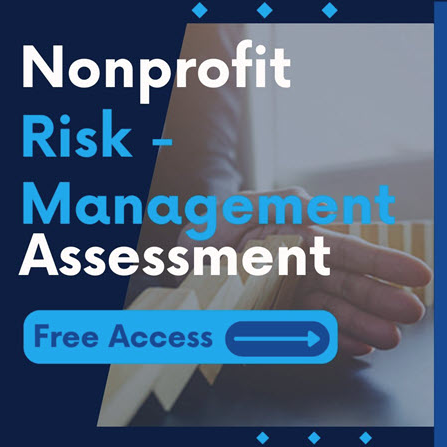
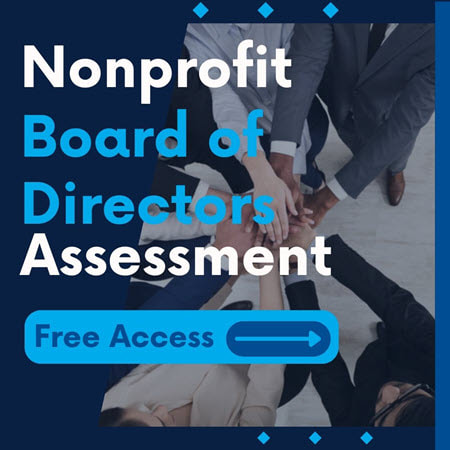
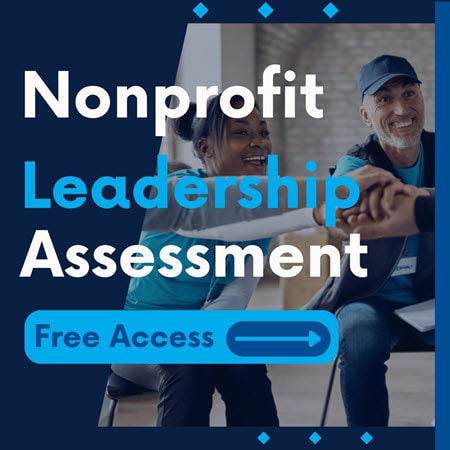
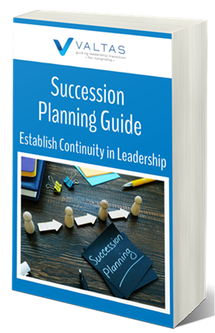
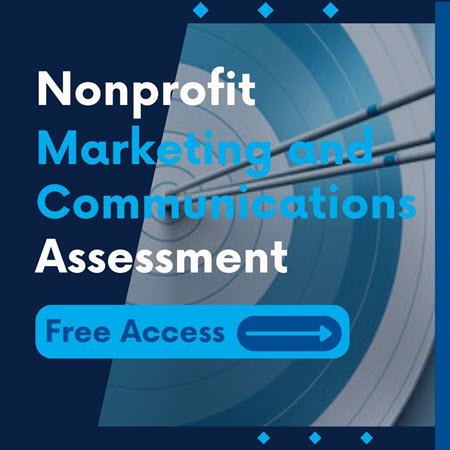
 RSS Feed
RSS Feed
